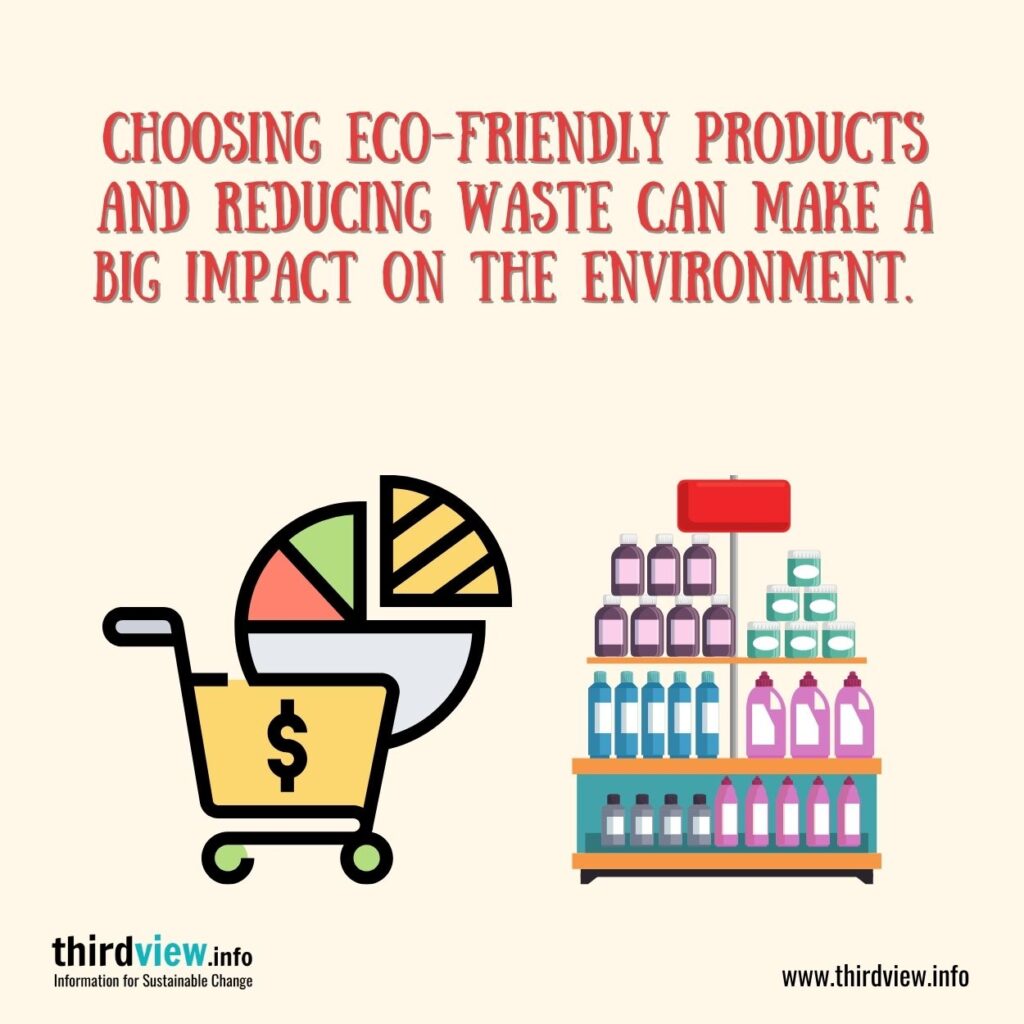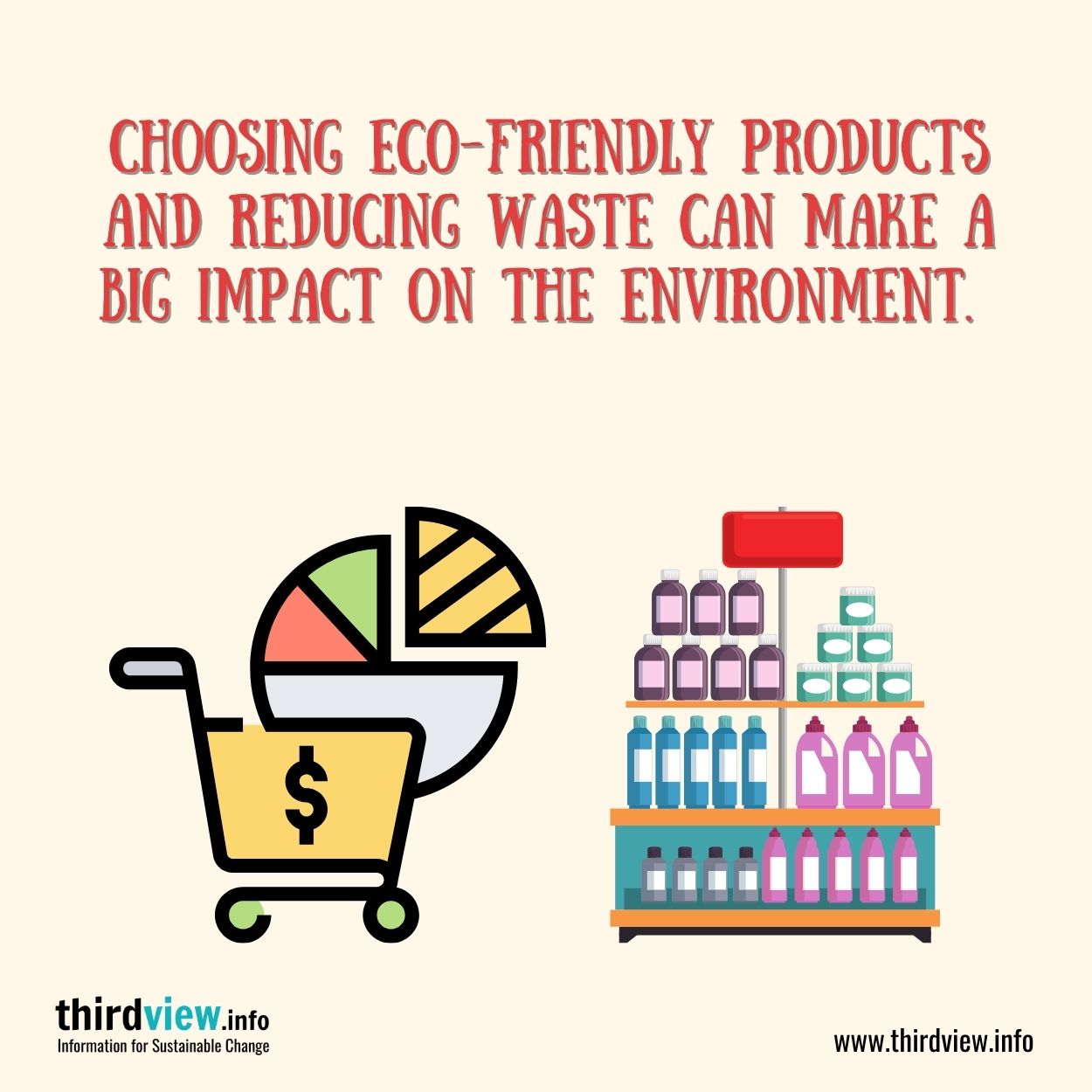In 2015, the United Nations General Assembly adopted the 2030 Agenda for Sustainable Development. The 2030 Agenda includes 17 Sustainable Development Goals (SDGs) that cover a range of social and economic development issues. Goal 12 of the SDGs is to “ensure sustainable consumption and production patterns.” In other words, we need to find ways to consume and produce sustainably so that our planet can continue to support us.
So, what does sustainable consumption and production mean? And what role do consumers play in promoting it? Let’s take a look.
What is Sustainable Consumption and Production?
The United Nations Environment Programme (UNEP) defines sustainable consumption and production as “meeting the needs of all while ensuring that the resource use does not lead to environmental degradation or negatively affect human health.”
In other words, sustainable consumption and production patterns are those that meet our current needs without compromising the ability of future generations to meet their own needs. It’s about using resources efficiently and reducing waste, pollution, and greenhouse gas emissions.
There are many reasons why sustainable consumption and production is important. For one, it can help reduce greenhouse gas emissions and combat climate change. It can also help us conserve finite resources like water, oil, and minerals. Moreover, it can create jobs and spur economic growth. And last but not least, it can help improve our quality of life.
The Role of Consumers
Consumers play a very important role in promoting sustainable consumption and production patterns. For example, by choosing products that have been produced sustainably, consumers can encourage businesses to adopt more sustainable practices. Additionally, by being mindful of how much they consume and wasting less, consumers can help reduce pressure on the environment. For example, buying only what you need, repairing broken items instead of throwing them away, and composting organic waste are all great ways to reduce your ecological footprint. Trying to buy items that will last a long time and can be reused or recycled when they’ve reached the end of their lives can also go a long way. By making more sustainable choices, consumers can help create a market demand for sustainable products and services which in turn will encourage businesses to adopt more sustainable practices.
Sustainable consumption and production are essential for ensuring that our planet can continue to support us. Consumers play a very important role in promoting sustainable consumption and production patterns by being mindful of their purchases and waste reduction efforts. By making more sustainable choices, consumers can help create a market demand for sustainable products and services which in turn will encourage businesses to adopt more sustainable practices. Together, we can all help create a more sustainable future for our planet.


